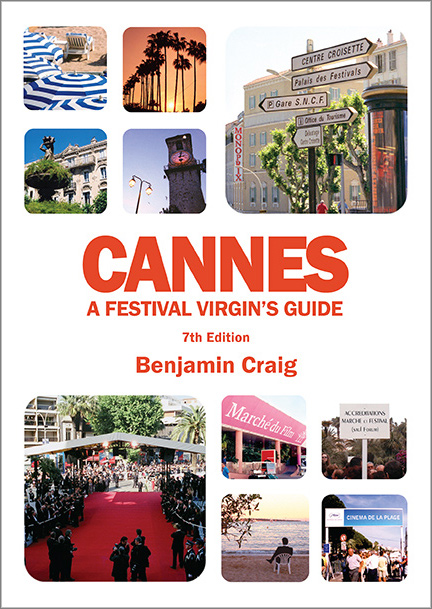
History of the Cannes Film Festival
Part 4: Critics Welcome New Filmmakers, Old Directors Strike
< Back to Part 3: An Icon is Born
Even though the festival had built a stellar reputation by screening seminal films from some of the world's great directors, there was a growing sentiment in some quarters that it was becoming increasingly difficult for newer filmmakers to get their work shown. In 1962 this led to the creation of the world's first festival 'side-bar', the Semaine Internationale de la Critique (International Critics' Week); a parallel section focussed on presenting work from first and second time directors.
As the 1960s drew to a close, the festival had solidified its position on the world stage and continued almost uninterrupted for the entire decade. The outlier was 1968. Amidst a backdrop of wide-spread discontent in France the Minister of Culture, André Malraux, opted to resolve a simmering budget dispute with the CNC by forcing its head, Henri Langois, to resign. However, Langois was an extremely popular figure and held in high regard by powerful 'new wave' directors such as Jean-Luc Godard and François Truffaut. News of the sacking coincided with the beginning of the 1968 festival. Smelling a political motive, Godard and Truffaut rallied their peers and all hell broke loose in Cannes. Fellow directors Louis Malle and Roman Polanski immediately resigned from the jury, adding their voices to highly vocal calls for the festival to be shut down in protest. Things boiled over on 19 May when a group of directors, including Godard and Truffaut, burst into a theatre and literally hung from the curtains to prevent the screening from going ahead. Shortly after, the festival conceded defeat and the event was cancelled as a wave of unrelated nationwide strikes brought France to a standstill.
The French government eventually brokered a deal to end the strikes, and the filmmakers successfully forced the reinstatement of Langois as head of the CNC. By this point it was too late to resume the festival, but the whole sorry affair did leave an impression on another group of French filmmakers. Less well-known than the 1968 provocateurs, directors Robert Enrico and Jacques Doniol-Valcroze were appalled that the festival had been used as a tool for political ends, in direct defiance of its founding principle. Together with a group of colleagues, they founded the Société des Réalisateurs de Films (Film Director's Guild) and gave birth to the festival's second side-bar, Quinzaine des Réalisateurs (Directors' Fortnight). The intention of the Quinzaine was to assume the mantle of the festival's original ideals by creating a forum where films could be presented free from censorship and political interference. This spirt was immortalised in a mildly-Orwellian quote from fellow-founder, Pierre Kast: "All films are born free and equal. We must help them to remain so."
Marching into the 1970s brought with it profound change both in the film industry and the festival itself. While Hollywood entered its 'lost' decade, when many of the powerful moguls retired (and studios were yet to fall into corporate hands), the festival set about modernising its approach. In 1972 the board of directors decided to end the practice of allowing participating countries to select their own films. From that point on, the festival would choose the films itself, thus setting the blueprint for the selection process used by almost all film festivals today.
 A full rundown on the 2026 Cannes Film Festival, is available in the book, Cannes - A Festival Virgin's Guide (7th Edition).
A full rundown on the 2026 Cannes Film Festival, is available in the book, Cannes - A Festival Virgin's Guide (7th Edition). Find Out More >
Continue reading... Part 5: Hollywood Mavericks Invade The Croisette >